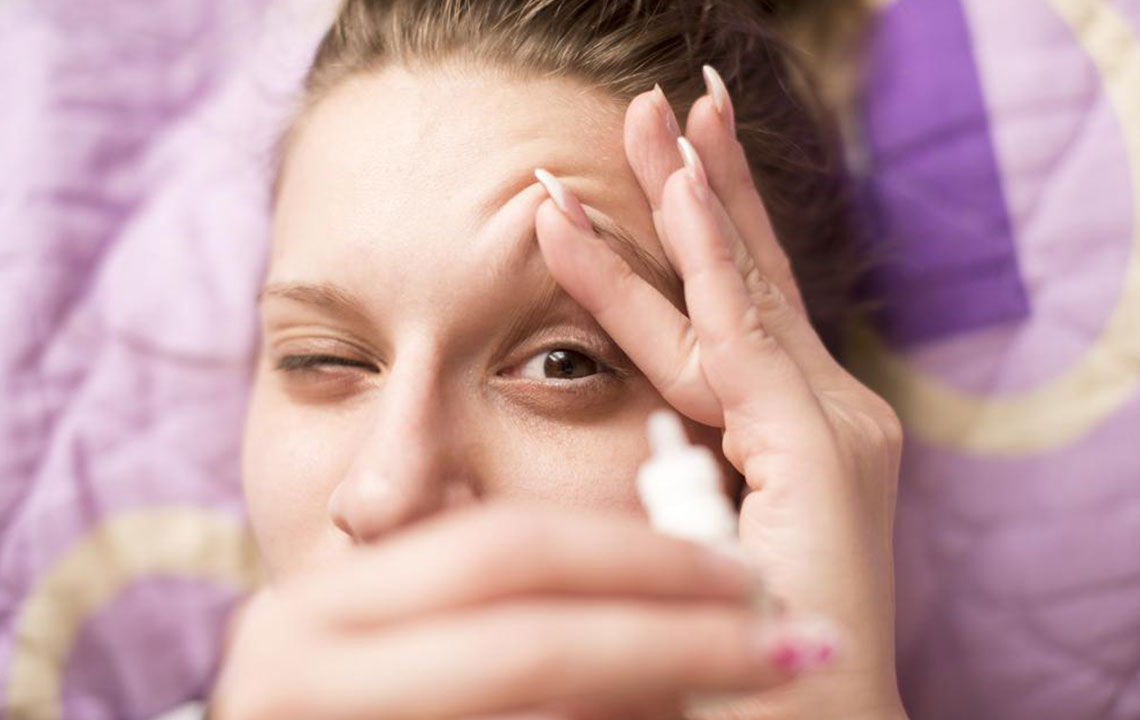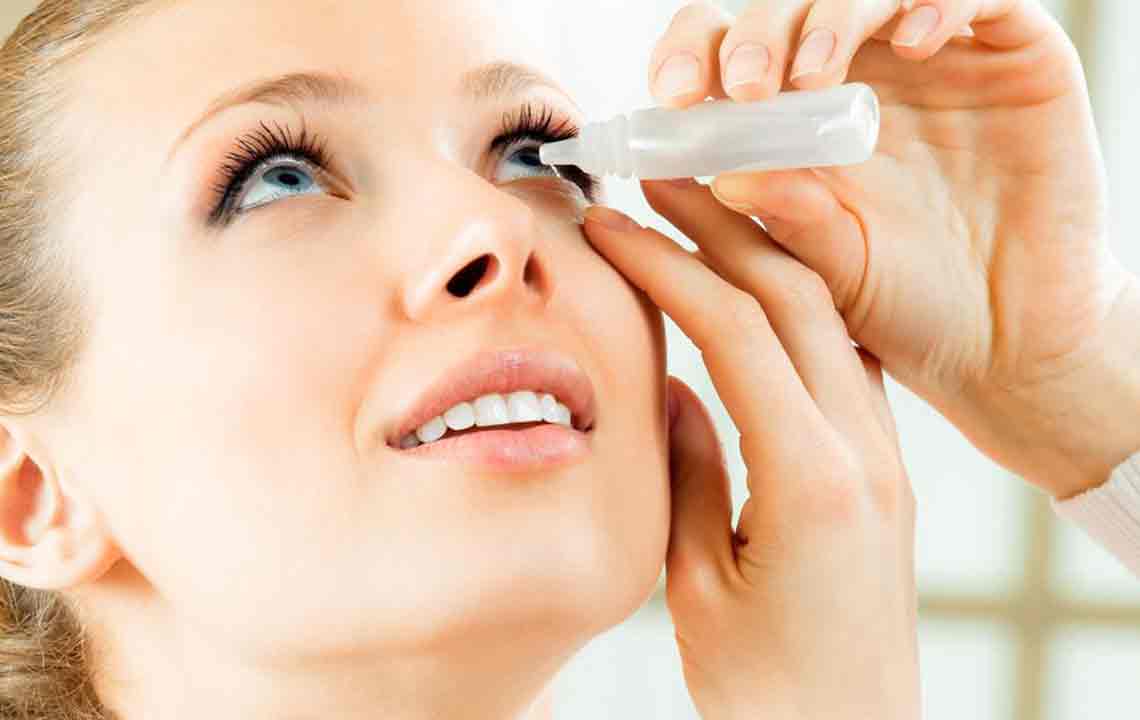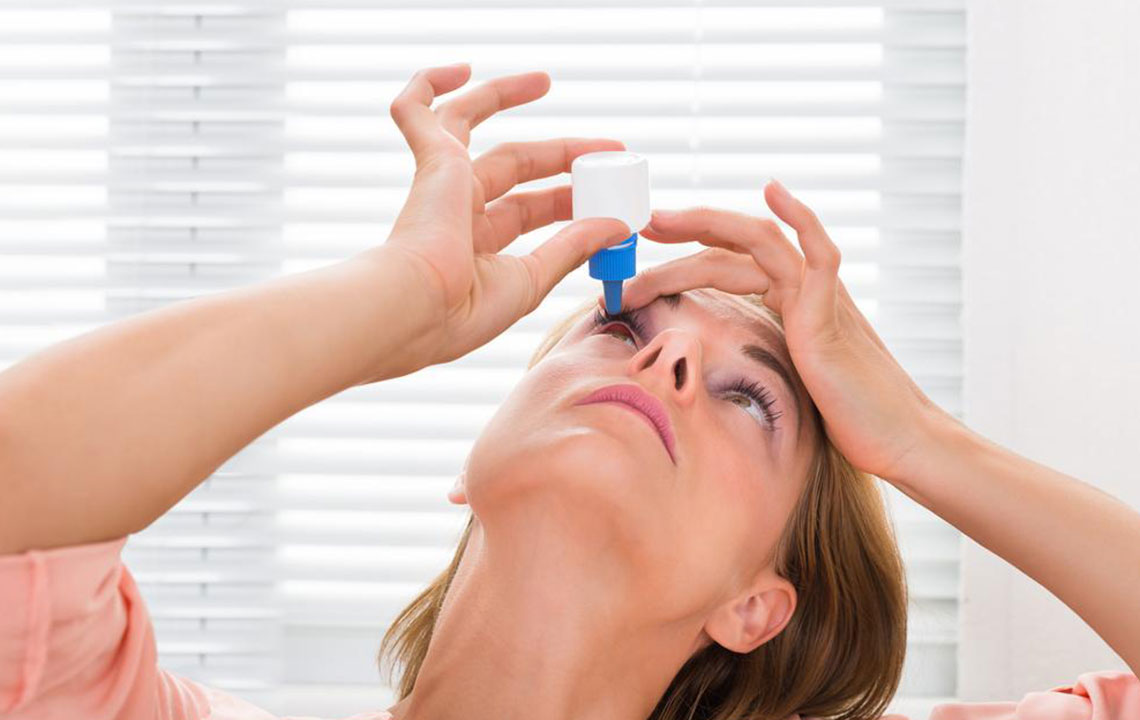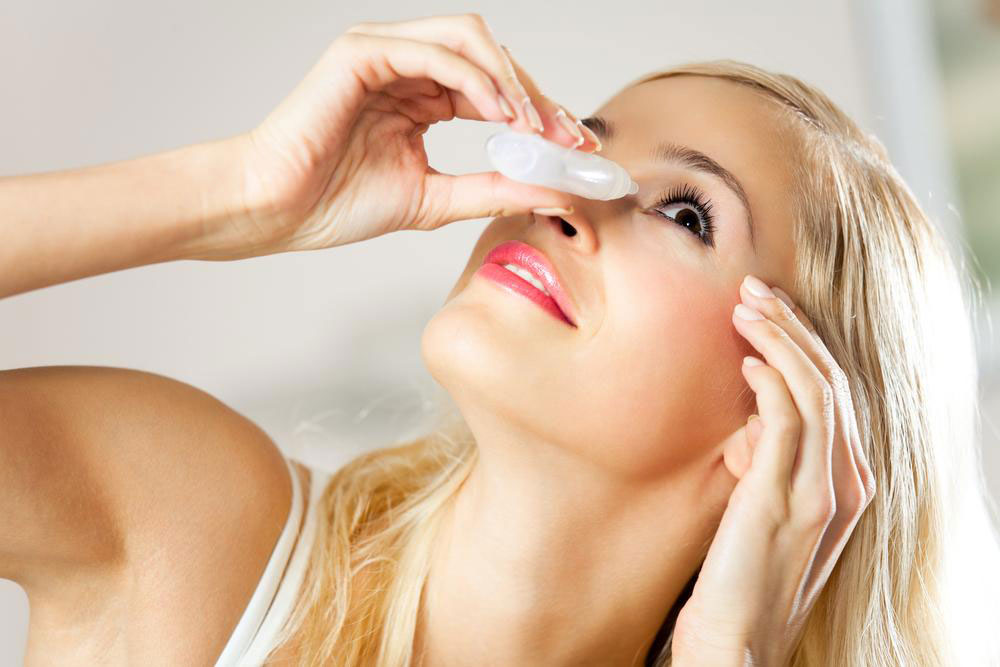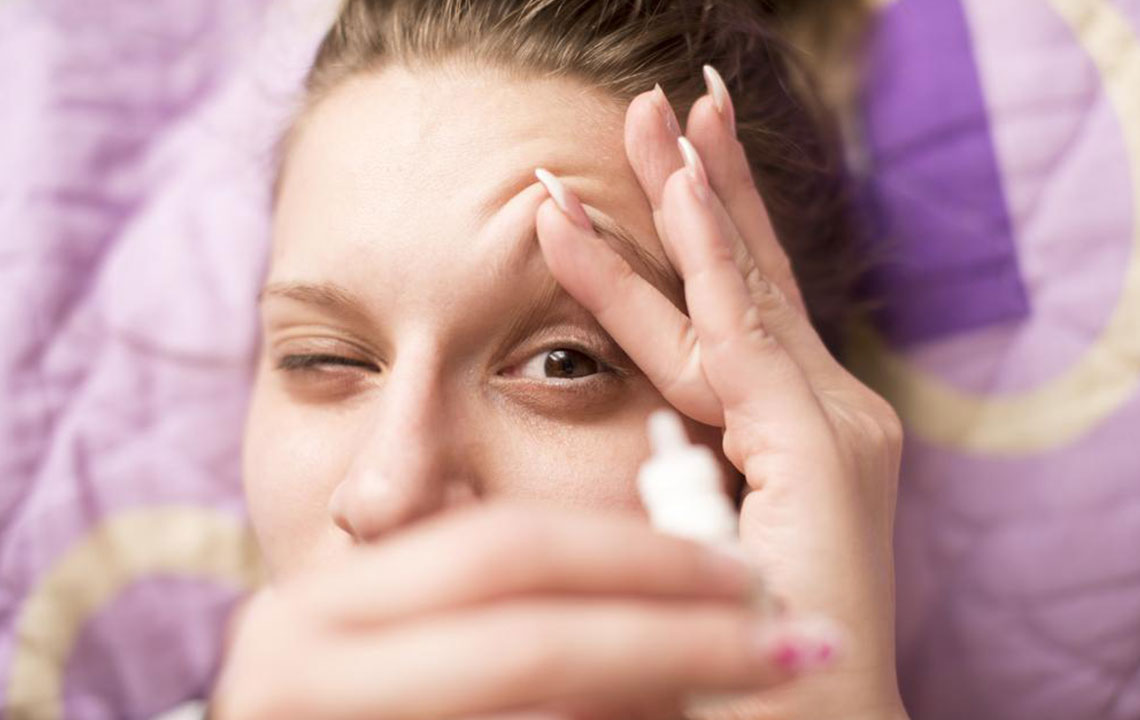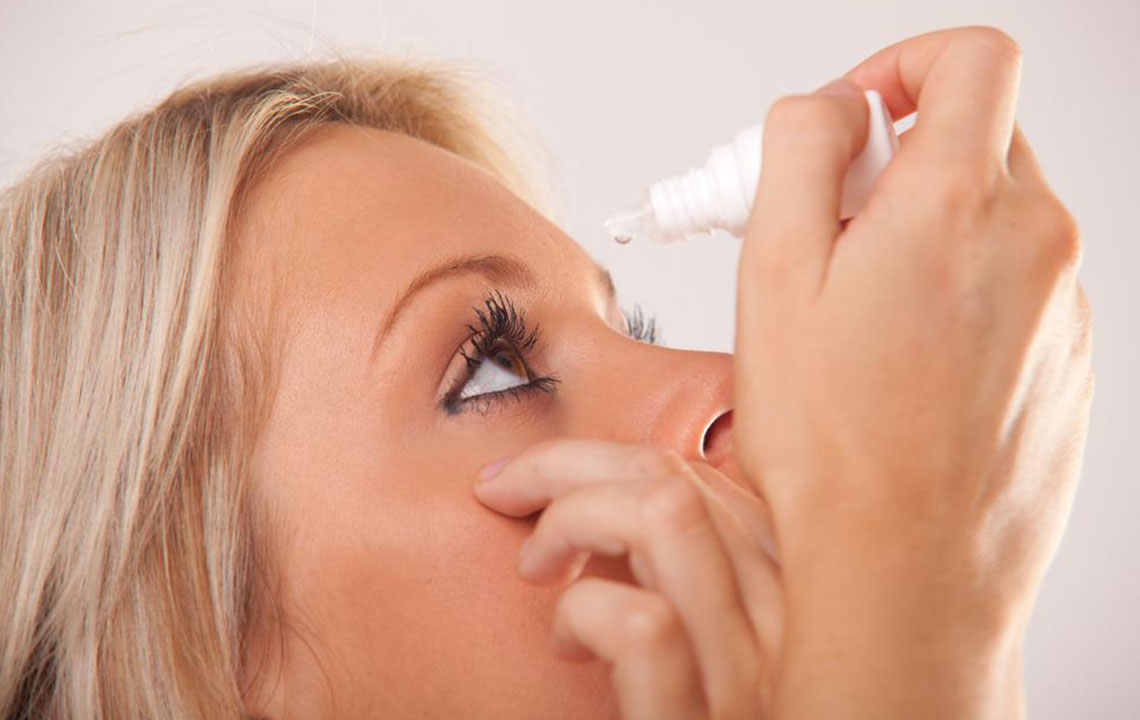Understanding Dry Eye: Causes, Symptoms, and Remedies
Discover the causes, symptoms, and treatment options for dry eye syndrome. Understand how tear imbalance affects eye health and explore remedies like artificial tears and punctal plugs to find relief from dryness and discomfort. Early diagnosis and proper management can significantly improve quality of life for those affected by dry eyes.
Sponsored
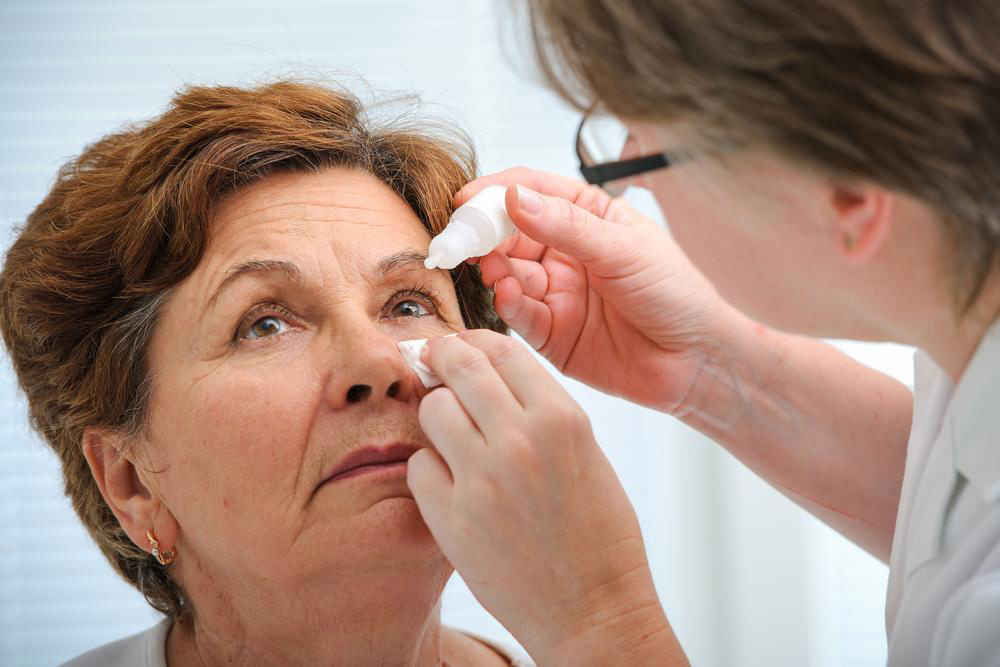
Are uncomfortable, dry, and itchy eyes bothering you? This may be a sign of dry eye syndrome, a condition characterized by inadequate moisture on the eye's surface. Known by various names such as dry eye disease, keratoconjunctivitis sicca, or tear film deficiency, the root cause extends beyond simple lubrication issues. Exploring the contributing factors and treatment strategies can help manage this common condition effectively.
Factors Leading to Dry Eyes
The primary reason for dry eyes is an imbalance in tear production and distribution.
Other contributing factors include:
Disruption of the tear film stability
Conditions that impair eyelid closure
Chronic diseases such as collagen vascular disorders affecting tear production
Aging processes like menopause in women
These are common causes of persistent dry eye issues.
Recognizable Symptoms of Dry Eyes
Typical symptoms include itching, burning, redness, eye discomfort, blurred vision, dryness, light sensitivity, and the sensation of a foreign body in the eye. Additionally, watery eyes and eye fatigue are signs to watch for.
Management and Treatment Options
If you suspect dry eyes are affecting you, prompt treatment is advisable. Several effective remedies include:
Artificial Tears and Ointments: Over-the-counter eye drops and lubricating ointments can relieve dryness, especially if used regularly. Ointments are often recommended at night to prevent morning dryness.
Temporary Punctal Plugs: For tear deficiency caused by tear drainage issues, this procedure involves blocking tear ducts to retain moisture longer. Depending on success, permanent plugs may be considered for sustained relief.
These options can help alleviate dry eye symptoms and restore comfort. Consulting an eye specialist will guide you toward the best treatment plan for your condition.

